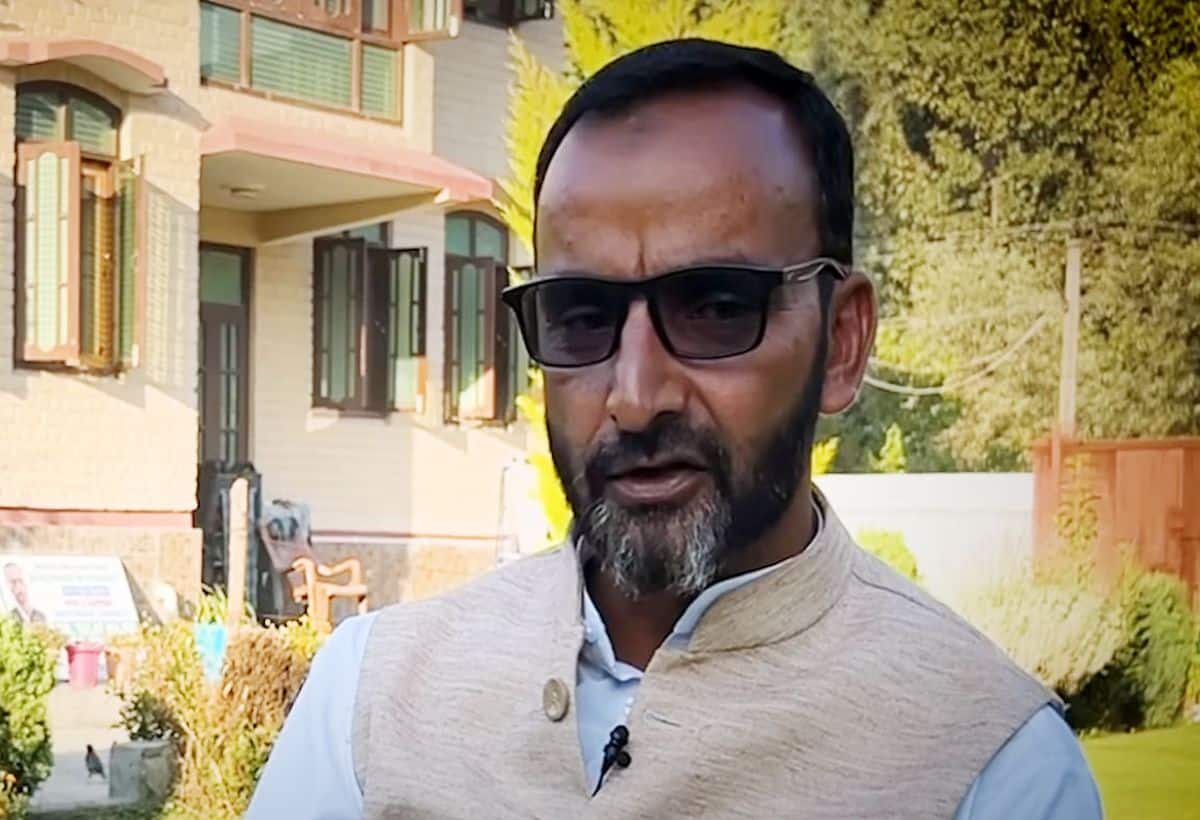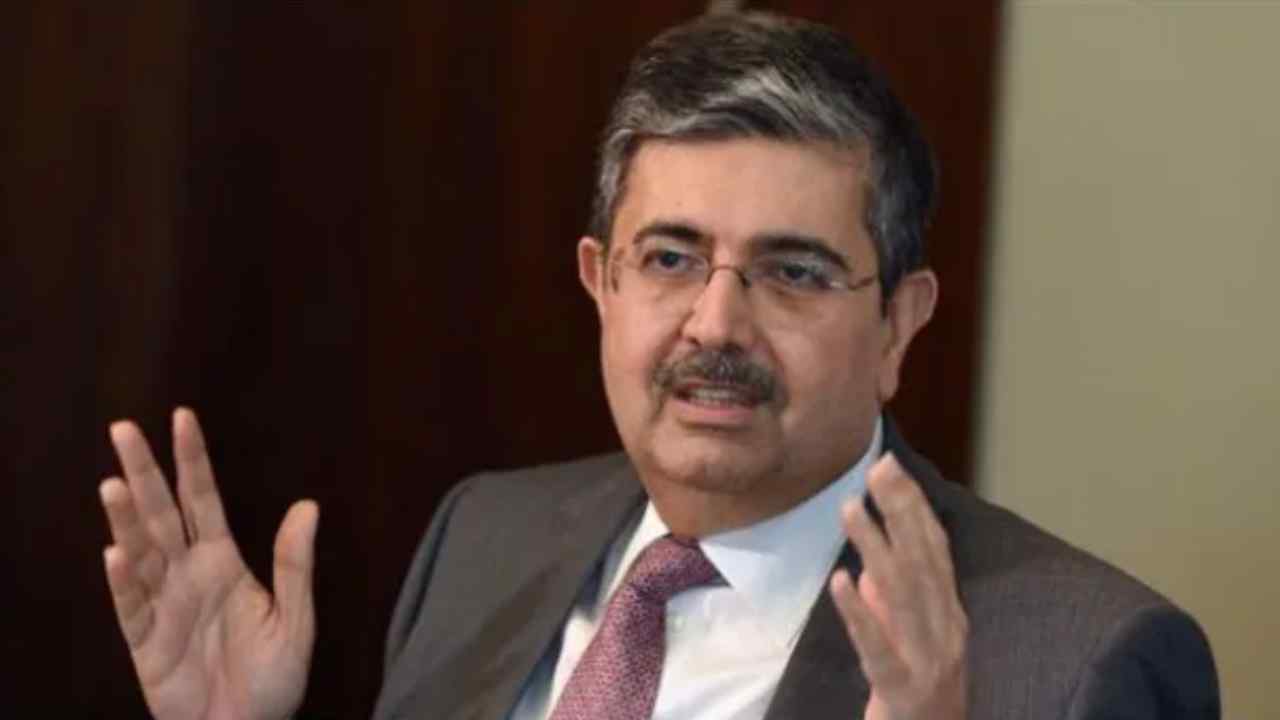Jammu-Kashmir Elections 2024: A Dynamic Contest in Pulwama
The electoral landscape in Jammu and Kashmir is heating up as the assembly elections approach, particularly in the historically significant Pulwama constituency. One of the most intriguing candidates emerging in this contest is Talat Majeed Ali, an independent candidate who previously served as an MLA. Competing against him are notable figures like three-time MLA Mohammad Khalil Bandh and Waheed Para, the president of the People’s Democratic Party (PDP) youth wing. Pulwama, once a hotspot for terrorism, is now set to witness a fierce electoral battle among 12 candidates.
Talat Majeed Ali: From Conflict to Democracy
Talat Majeed Ali, an independent candidate, has a compelling backstory. He openly admitted that as a young student in class 8, he contemplated joining terrorism. However, through personal growth and political awareness, he realized that violence is not a viable solution to societal issues. Majeed’s political journey reflects a commitment to resolving conflicts through democratic means rather than resorting to arms.
Reflections on Terrorism and Political Change
In a recent interview, Majeed discussed the complexities surrounding terrorism in the Kashmir Valley, remarking that the region was plagued by an indiscriminate involvement in violence rather than being influenced by any single organization. He described a transformative period starting in 2008 when he shifted his focus toward understanding political dynamics. Majeed asserted that the improvement in the security situation in the Valley cannot be directly linked to the abrogation of Article 370 but rather attributed to efforts in law and order management.
A Call for Democratic Engagement
Majeed has been vocal about his vision for Jammu and Kashmir, emphasizing the importance of ‘jamhooriyat’ (democracy) in achieving political stability. His commitment to addressing societal issues has been underscored by his participation in the electoral process; he recently cast his vote in the first phase of the Jammu and Kashmir elections. He sees democratic engagement as the only avenue for reclaiming rights and resolving conflicts.
The Wider Electoral Context in Pulwama
The elections in Pulwama are particularly interesting given the absence of a candidate from the Bharatiya Janata Party (BJP), which has led to a competitive battleground among independent candidates and established party members. Khalil Bandh and Waheed Para, both of whom have a long history with the PDP, are expected to be the major contenders alongside Majeed. The dynamics of the race are further complicated by the presence of seven independent candidates and speculation about alliances and political strategies among larger parties.
Who Is Talat Majeed Ali?
Ali holds a PhD and has a complex political history. Initially a member of the Jamaat-e-Islami, which has faced a ban for promoting separatism, he transitioned into active politics by briefly joining the ‘Apni Party’ founded by businessman-turned-politician Altaf Bukhari before deciding to run as an independent candidate. His unique position and background make him a ‘dark horse’ in this electoral race.
Notable Trends and Implications
The participation of influential Jamaat-e-Islami leaders in upcoming elections as independents marks a significant shift after 38 years of political stagnation in the region. Observers suggest that these developments may hint at ongoing dialogue regarding the potential lifting of the ban on Jamaat-e-Islami. This evolving political landscape may not only redefine party dynamics in Jammu and Kashmir but also impact the broader socio-political environment in the region.











